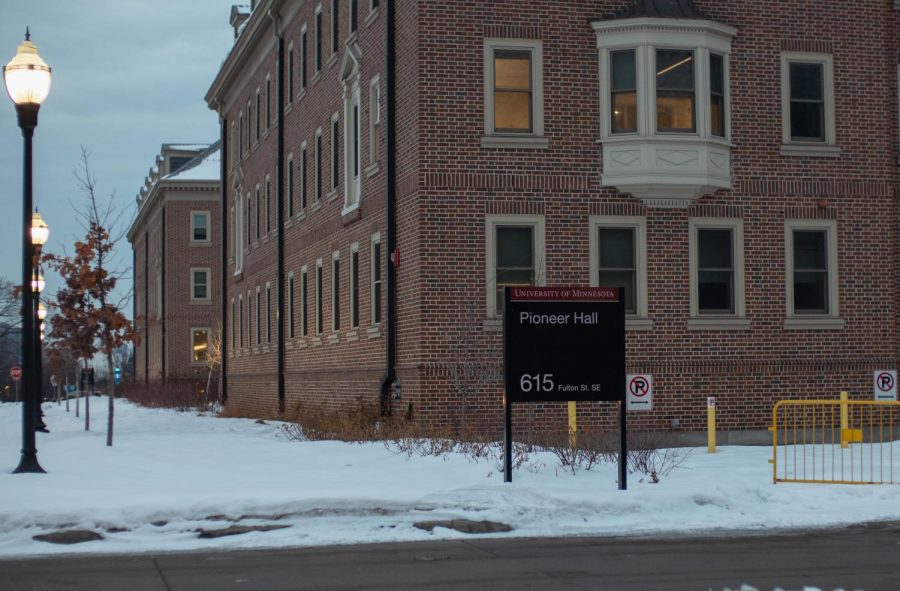I am the author of the academic bill of rights, whose purpose is to restore academic values in higher education. These values were once enshrined in mission statements, common at most universities until the 1960s, which identified the purpose of higher education as “the disinterested pursuit of knowledge.” Today, that mission has been altered beyond recognition, particularly by university faculties devoted to the social sciences and humanities. These are now highly politicized institutions that regard themselves as “agencies of social change,” a mandate that can easily put adherents at cross purposes with the traditional pursuit of learning and truth.
Where, for example, does such a sense of purpose leave those scholars and students who think of themselves as conservatives, and who point out that movements for social change caused most of the tragedies of the century just past? Where does such a mandate leave scholars and students who don’t share the social attitudes and ideas for change of faculty and administrators passionately advocating these agendas?
These are not rhetorical questions. Colorado Sen. John Andrews, who is contemplating legislation for an academic bill of rights, held hearings recently that revealed a Colorado university professor assigned students a single essay topic: “Why George Bush is a war criminal.” One student handed in a paper on “Why Saddam Hussein is a war criminal” and received a failing grade. At the University of Indiana, a health science course devoted its entire semester to a one-sided discourse on the Arab-Israeli conflict. At 13 universities, a single book, which happened to be a socialist attack on U.S. society, was required of all incoming freshmen.
This is not education; it is indoctrination. And it is expressly forbidden under the principles of academic freedom first articulated by the American Association of University Professors in 1915 and to which all universities ostensibly subscribe. According to these principles, professors have a responsibility to not use their classrooms as political soapboxes for imposing their partisan opinions on students there.
In no other U.S. institution are views as one-sided and conformist as they are at our places of higher learning, where more than 90 percent of humanities and social sciences professors identify themselves on the left end of the political spectrum. How is this situation possible unless there is a political black list (whether formal or informal) operating on faculty hiring committees? This situation would be bad enough in a democracy such as ours. But the practice of professors turning their classrooms into political recruitment centers dramatically worsens it.
In 1940, the American Association of University Professors declared, “Teachers are entitled to freedom in the classroom in discussing their subject, but they should be careful not to introduce into their teaching controversial matter, which has no relation to their subject.” In other words, if a teacher lectures for five minutes or 50 minutes on the Iraq war or the policies of President George W. Bush in a class whose subject matter is not the Iraq war, international relations or presidential politics, that teacher is abusing his or her students’ academic rights. It is safe to say there is not a university in the country in which this abuse isn’t regularly taking place.
These rights have been established and agreed to for nearly 100 years, even though today they are more honored in the breach, while university administrations fail to enforce them. This is why it is necessary and urgent for institutions to adopt an academic bill of rights. To accomplish this task I have organized more than 100 Students for Academic Freedom clubs across the country. (Information about them, including a text of the academic bill of rights, is available at www.studentsforacademicfreedom.org.)
When we go to the doctor’s office we do not expect to get Clinton-bashing lectures or hear Bush-hating rants from our physicians. Why should we tolerate this from our teachers and professors in the classroom? Professionals have obligations to all their clients, not just those who agree with their political views. Doctors take the Hippocratic oath, which obligates them to minister professional advice for everyone who comes to see them. Professors subscribe to an academic freedom code that enjoins them to do the same. Unfortunately, too many humanities and social sciences professors today fail to honor this obligation. In the process, they betray their profession and abuse their students. It’s time to end this national outrage.
David Horowitz, a former Black Panther, is editor in chief of www.frontpagemag.com and president of the Center for the Study of Popular Culture.
Send comments to [email protected]















